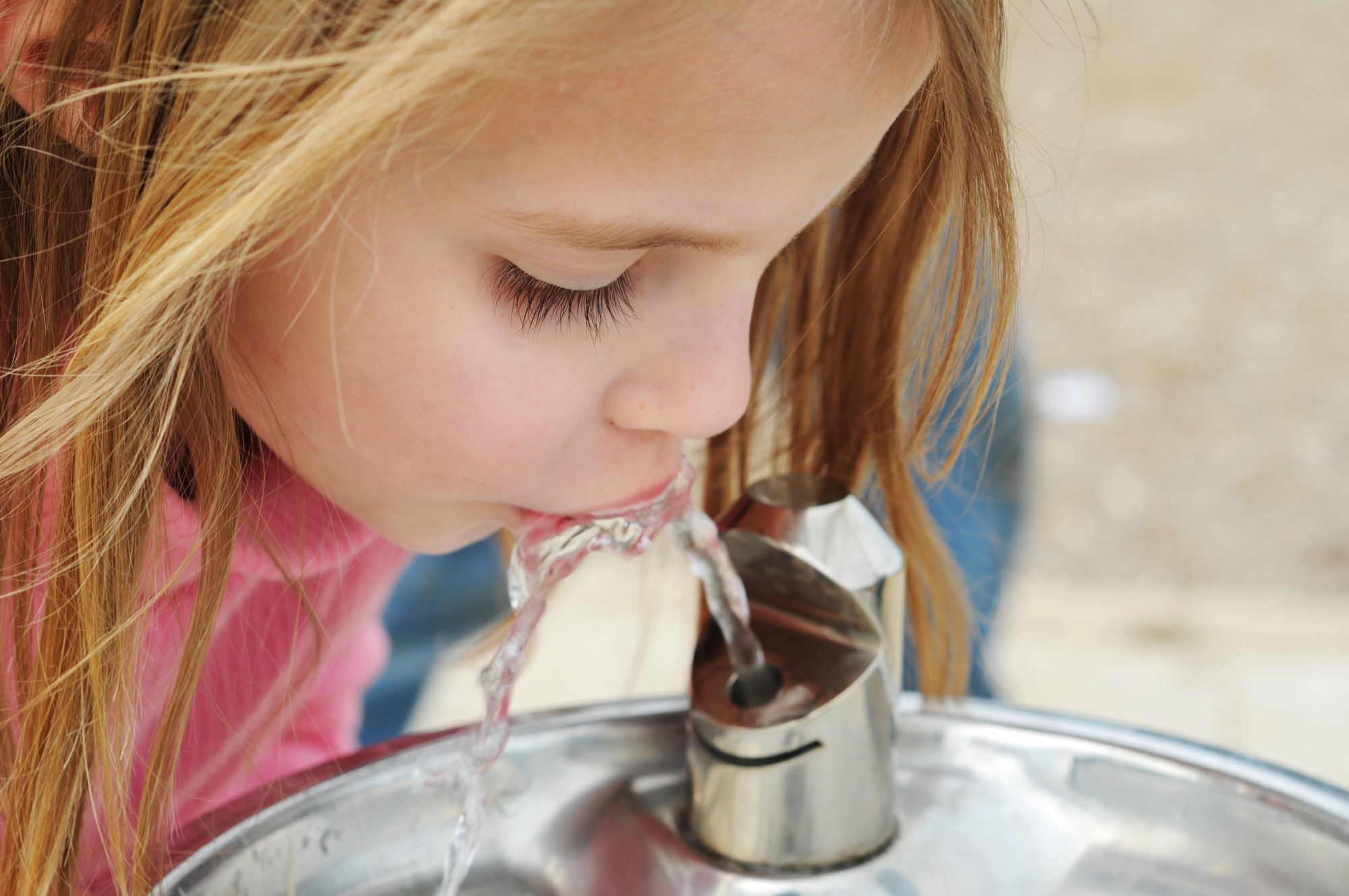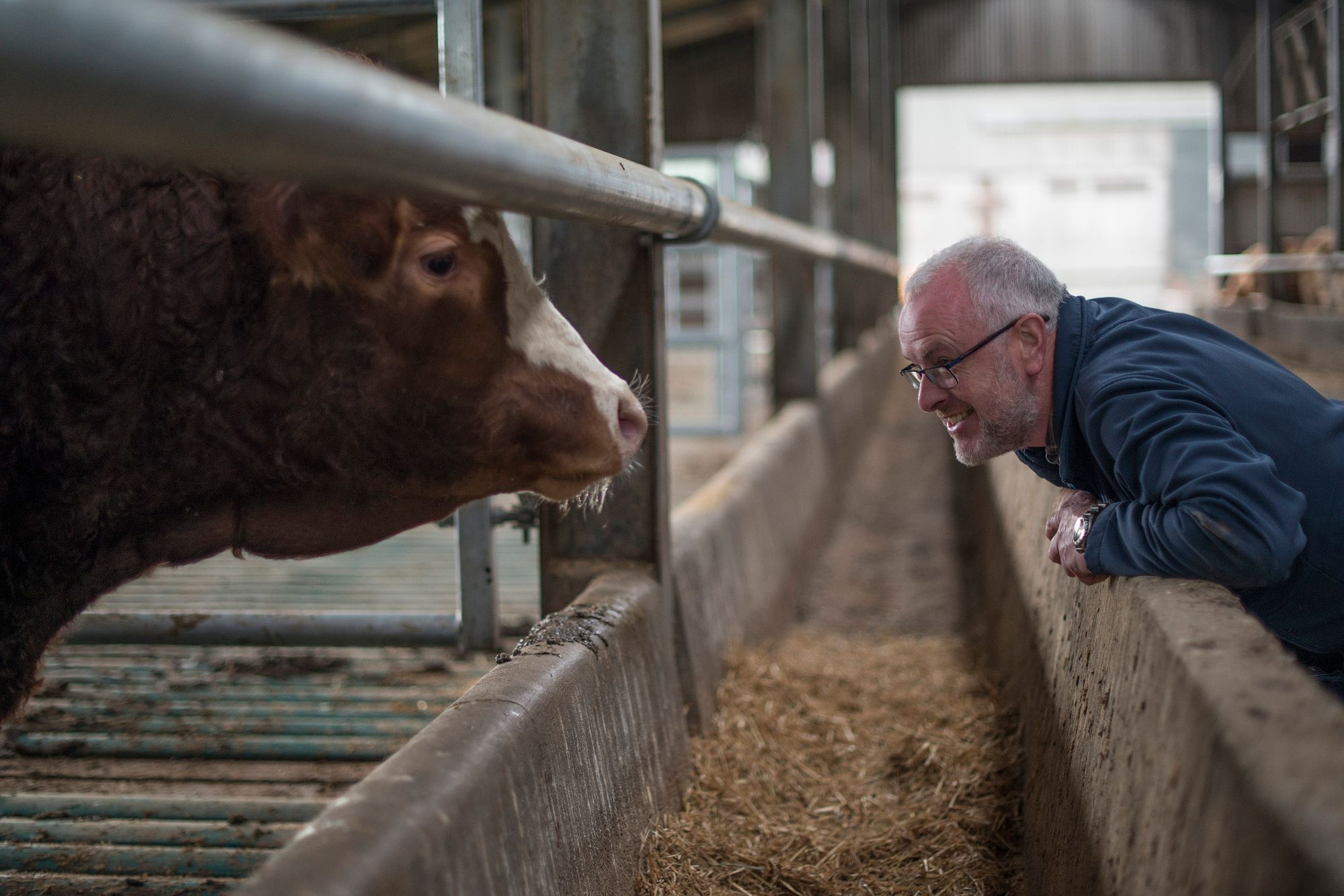NSF and E-Reuse Services Collaborate to Make Electronics Reuse Conference Waste-Free for Second Year
Every year, tradeshows and conferences generate thousands of tons of waste in the form of flyers, hand-outs, packaging, coffee cups and more. A closer look reveals an estimated 60 million people attend tradeshows each year—with each attendee generating up to 20 pounds of waste. Not surprisingly, this has a significant impact on the environment.
Not wanting to add to the problem, E-Reuse Services worked with NSF last year to make the 2018 Electronics Reuse Conference (ERC) in Nashville, Tennessee, a waste-free event. Using their expertise in materials management and waste reduction, NSF implemented several strategies that proved successful in diverting a total of 2,061 pounds of waste away from landfills. The total amount of diverted waste included 1,511 pounds of materials suitable for composting and 550 pounds of material for recycling.
Now in its 16th year, the 2019 ERC, which takes place Nov. 10 – 13 in Austin, Texas, is going waste-free again with the help of NSF.
The Impact
After seeing the reception and impact the event made last year, it was no question that the 2019 event would continue building on what was started in Nashville. According to Sarah Kim, Co-founder, E-Reuse Services, “ERC and the electronics reuse industry are committed to serving the environment through reuse and repair advocacy. I’m ecstatic about the opportunity to enhance that commitment by working to make ERC 2019 waste-free with the help of NSF. Going forward, I hope this helps to create a trend that extends to other events in our industry.”
Jamie Bush, Senior Business Development Manager of Sustainability at NSF, added, “If we were able to divert this much waste from landfill over the course of just three days, imagine the impact we could have if others follow the lead of the ERC conference and work to reduce waste at their conference or workplace.”
How E-Reuse Services and NSF Are Going to Make It Happen
- By working closely with the venue and vendors to set expectations on waste: It is important to determine where waste may come from during the event and ways to combat waste production. For the ERC event, both organizations work with kitchen staff on food preparation to limit waste, identify the placement of food and waste bins throughout the hotel’s event space and encourage exhibitors to bring items that can easily be repurposed or that create less waste. Last year, several exhibitors brought items like biodegradable pens and reusable mugs as alternatives to traditional promotional items.
- Through educating attendees before the event on the waste-free mission: Prior to arrival, attendees are notified of the mission for a waste-free event. They are encouraged to bring items that are reusable or less wasteful and provided tips about how to best avoid waste in preparing for the conference.
- By creating signage and directing attendees to put waste in the correct waste bins: Once the event has begun, the staff is available to help direct where waste should be placed, ensuring proper sorting of waste that helps the cleanup process after the event ends.
Learn More
To learn more about ERC and the waste-free initiative, visit www.ereuseconference.com.
Share this Article
How NSF Can Help You
Get in touch to find out how we can help you and your business thrive.

What’s New with NSF

Michigan’s “Filter First” Law: A Guide for Schools and Childcare Centers
April 23, 2024
Healthy People Living on a Healthy Planet: The Future We’re Working For
April 4, 2024
American Meat and Egg Distributors Now California-Ready with NSF’s Prop 12 Certification
April 3, 2024